Remembrance Day: why do we fall silent and wear poppies?
The meaning behind the traditions used to commemorate those who died for their country
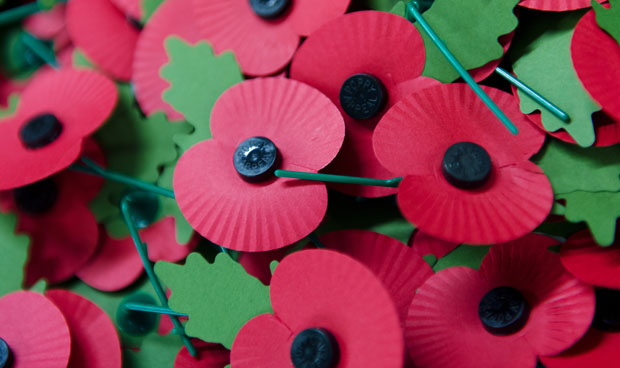
Britain will fall silent on Saturday to commemorate Armistice Day, and remember all those who have died serving their country since the beginning of the First World War.
A two minute silence will be held at 11am, marking the end of fighting between Germany and the Allied Forces on the Western Front in 1918.
King George V started the tradition of silence so that “the thoughts of everyone may be concentrated on reverent remembrance of the glorious dead”.
The Week
Escape your echo chamber. Get the facts behind the news, plus analysis from multiple perspectives.

Sign up for The Week's Free Newsletters
From our morning news briefing to a weekly Good News Newsletter, get the best of The Week delivered directly to your inbox.
From our morning news briefing to a weekly Good News Newsletter, get the best of The Week delivered directly to your inbox.
Services will be held across the country on Sunday. Scotland will honour its fallen soldiers with a ceremony at the Scott Monument in Edinburgh with the main ceremony taking place at the Cenotaph in Whitehall, London, where the Royal family will join serving military personnel and the leaders of Britain’s main political parties to lay wreaths at the monument.
Armistice Day, Poppy Day or Remembrance Sunday?
Armistice Day was instituted by King George V in 1919, to mark the first anniversary of the end of WW1. The long-awaited armistice was signed at Compiegne in northern France and took effect at 11am on 11 November 1918.
At first dubbed Armistice Day, 11 November has now become Remembrance Day in Commonwealth nations, though in the UK the focus is on Remembrance Sunday instead. It is also known informally as Poppy Day. The US celebrates Veterans Day on 11 November as well.
A free daily email with the biggest news stories of the day – and the best features from TheWeek.com
Remembrance Sunday is the Sunday closest to 11 November – this year, 12 November. The UK shifted from Armistice Day to Remembrance Sunday at the end of WW2 in 1945, when it was decided that the dead from both wars would be commemorated on one day.
However, other Commonwealth countries did not follow suit – they stuck to 11 November.
How is Remembrance Day commemorated?
Since 1995, it has become usual to mark both Armistice (Remembrance) Day and Remembrance Sunday in the UK. On Armistice Day, when it is not a Sunday, a two-minute silence is traditionally held at 11am, when the WW1 Armistice went into effect.
Ceremonies are held across the country, including at the National Memorial Arboretum and in London's Trafalgar Square, though there is more of a focus on Remembrance Sunday than Armistice Day, with many events taking place at the weekend.
What are the main remembrance events this weekend?
This year, the Royal British Legion, which provides financial, social and emotional support to members and veterans of the British Armed Forces, their families and dependants, will open its first Field of Remembrance, at the National Memorial Arboretum in Staffordshire.
The Legion also hosts its own two-minute silence at Trafalgar Square on Saturday as well as a service of remembrance outdoors at the Armed Forces Memorial at the National Memorial Arboretum on Sunday.
Last week saw the launch of the Legion’s annual fundraising campaign, driven by the sale of poppies. According to The Mirror, this year volunteers “will be encouraging those who buy a poppy to also see it as a symbol of hope, not just one of conflict” and numerous cities across the country will “dedicate a day getting the public involved through activities and entertainment, from military bands to NFL cheerleaders”.
This year the Royal Mint has also released a special Remembrance Day coin to commemorate a century of wars. Inspired the celebrated war poem, “In Flanders Fields”, proceeds from the sale of coin, which costs £82.50, will be donated to the Imperial War Museum, says The Express.
What do the red poppies signify?
The association between commemorating war dead and poppies arises from the famous opening lines of Canadian army officer John McCrae's poem In Flanders Field, which begins: “In Flanders fields the poppies blow; Between the crosses, row on row”.
McCrae wrote the poem during the Second Battle of Ypres, the day after he helped to bury a close friend. He had noticed the way poppies bloomed around the graves and included the observation in his poem, which was written from the viewpoint of the dead soldiers.
McCrae was promoted to Acting Colonel and moved to a position behind the lines, but died of meningitis in a military hospital on 28 January 1918. His poetry, however, lived on. Published in December 1915, In Flanders Field quickly became known as one of the defining poems of the First World War.
American humanitarian worker Moina Michael was one of the millions touched by the imagery of poppies growing on the battlefield. To raise money for her work helping disabled servicemen, she came up with the idea of selling silk poppies to be worn as a tribute to the fallen.
By 1921, her efforts had led to the poppy being adopted as the official emblem of remembrance by both the American Legion and Royal British Legion, with poppy sellers an established fixture in both nations.
Do other countries use the symbol?
While they are often thought of as British, poppies are in fact widely worn on and around 11 November in Canada, Australia and other Commonwealth nations. Despite America's early role in popularising the symbol, they are a comparatively rare sight in the modern USA.
Why are they controversial?
Wearing a poppy is considered by some to be a tacit endorsement of British militarism and the glorification of war.
In Northern Ireland in particular, the issue has long been contentious, with a stark divide between Unionists, who might choose to wear a poppy, and Republicans, who have long refused to don a symbol with which they associate the oppressive historical actions of the British Army in Ireland
White poppies are sometimes used as an alternative, worn as a pacifist statement to commemorate the dead but object to war. They were first introduced in 1933, by the British Co-operative Women's Guild, and are now sold by the Peace Pledge Union.
Their use in turn frequently sparks anger, with some – including Margaret Thatcher – seeing them as disrespectful to fallen soldiers.
Channel 4 newsreader Jon Snow has long denounced “poppy fascism” after his decision to forego the poppy while broadcasting was met with a barrage of criticism.
He and ITN's Charlene White are among the TV reporters who choose not to wear the poppy to maintain an appearance of neutrality, but the wearing of poppies remains very much the norm among broadcasters and other public figures.
Rethinking remembrance
The Royal British Legion is calling on the UK to “Rethink Remembrance”, with a video challenging the common association between remembrance, the poppy and the Legion's work with elderly veterans.
The video encourages the public to think of the service of all generations, including those currently in action.
In the short film, the words of former private guardsman Stewart Harris from Rhyl are read out by Roy Miller, a 92-year-old veteran of World War II. Only at the end of the video is it revealed that the suffering being described occurred four years ago, rather than in the more distant past.[[{"type":"media","view_mode":"content_original","fid":"102970","attributes":{"class":"media-image"}}]] In 2012, Harris was diagnosed with a mental illness after serving in Afghanistan.
According to ITV, he is now taking on challenges such as climbing Mount Kilimanjaro with the help of the Legion.
The campaign has been well received by the public.
Claire Baker and Danielle Felton, both 24, from Crewe in Cheshire, told the BBC most people “initially think of Remembrance as something to do with the older generation”.
Felton added: “You almost forget about the younger veterans, but then you see them around - and we have friends in the military as well. It just seems to be a bit of an afterthought sometimes.”
However, despite a high-profile publicity campaign over recent years a survey by the Royal British Legion found 38% of people in the UK were not planning on observing the two-minute silence while almost half said they "may" but also intended to carry on browsing, emailing or using social networks.
People in Yorkshire were the most committed to taking two minutes out, while just over half in London (53%) said they would not observe the tradition.
-
 The battle over the Irish language in Northern Ireland
The battle over the Irish language in Northern IrelandUnder the Radar Popularity is soaring across Northern Ireland, but dual-language sign policies agitate division as unionists accuse nationalists of cultural erosion
-
 Villa Treville Positano: a glamorous sanctuary on the Amalfi Coast
Villa Treville Positano: a glamorous sanctuary on the Amalfi CoastThe Week Recommends Franco Zeffirelli’s former private estate is now one of Italy’s most exclusive hotels
-
 How roadkill is a surprising boon to scientific research
How roadkill is a surprising boon to scientific researchUnder the radar We can learn from animals without trapping and capturing them
-
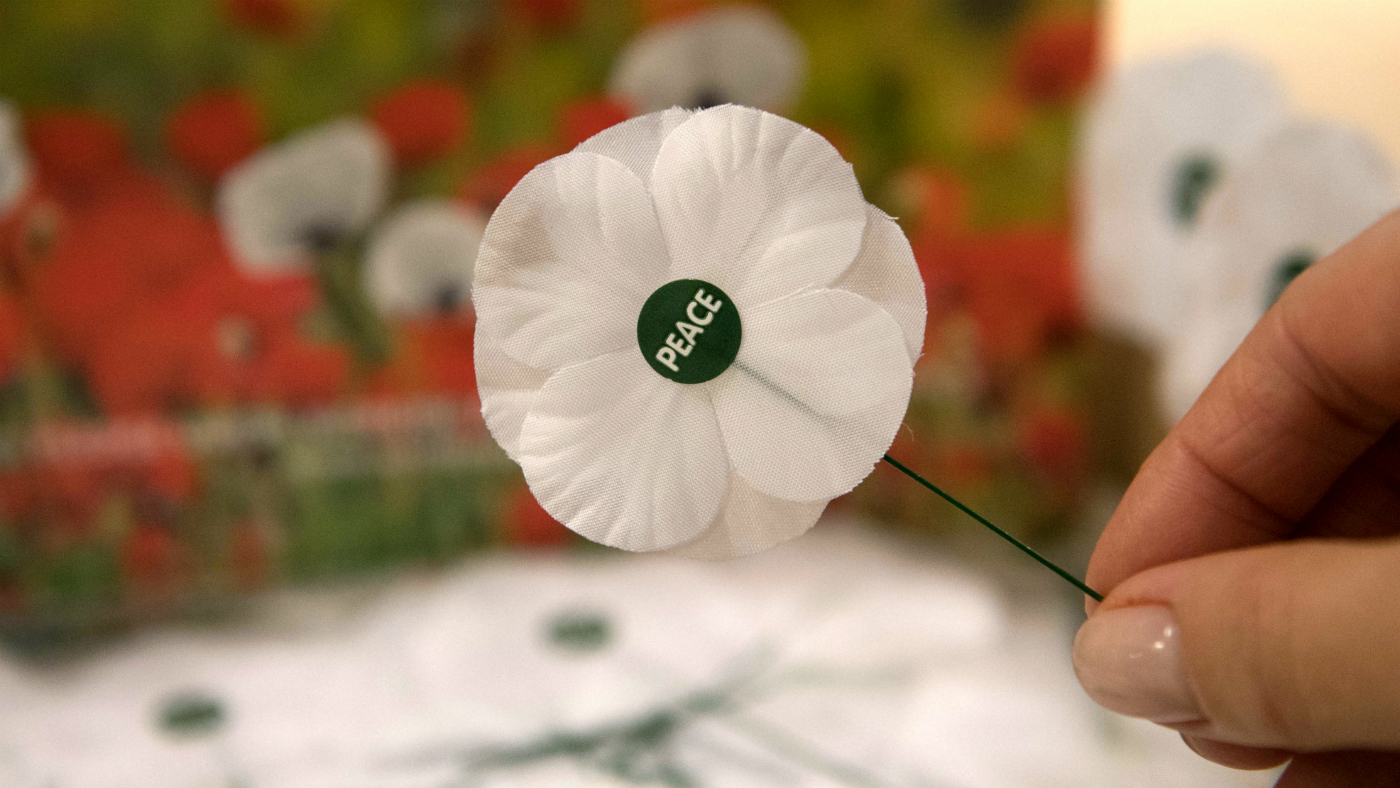 What do the different coloured poppies symbolise?
What do the different coloured poppies symbolise?In Depth Volunteers are distributing millions of poppies in the run up to Remembrance Day
-
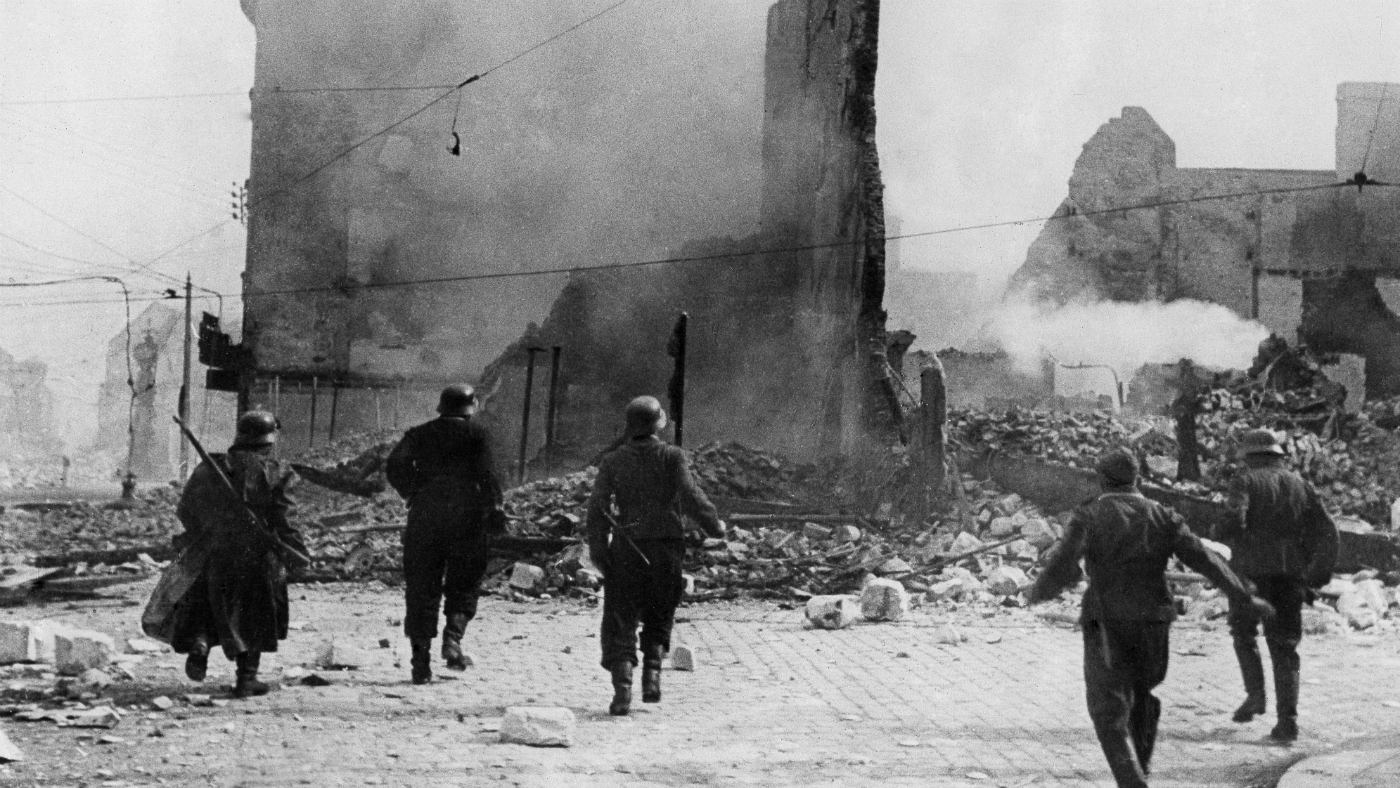 First World War: four things we get wrong
First World War: four things we get wrongIn Depth
-
 What happened at the Battle of Amiens
What happened at the Battle of AmiensIn Depth Theresa May is in France to mark 100th anniversary of one of the most pivotal events of First World War
-
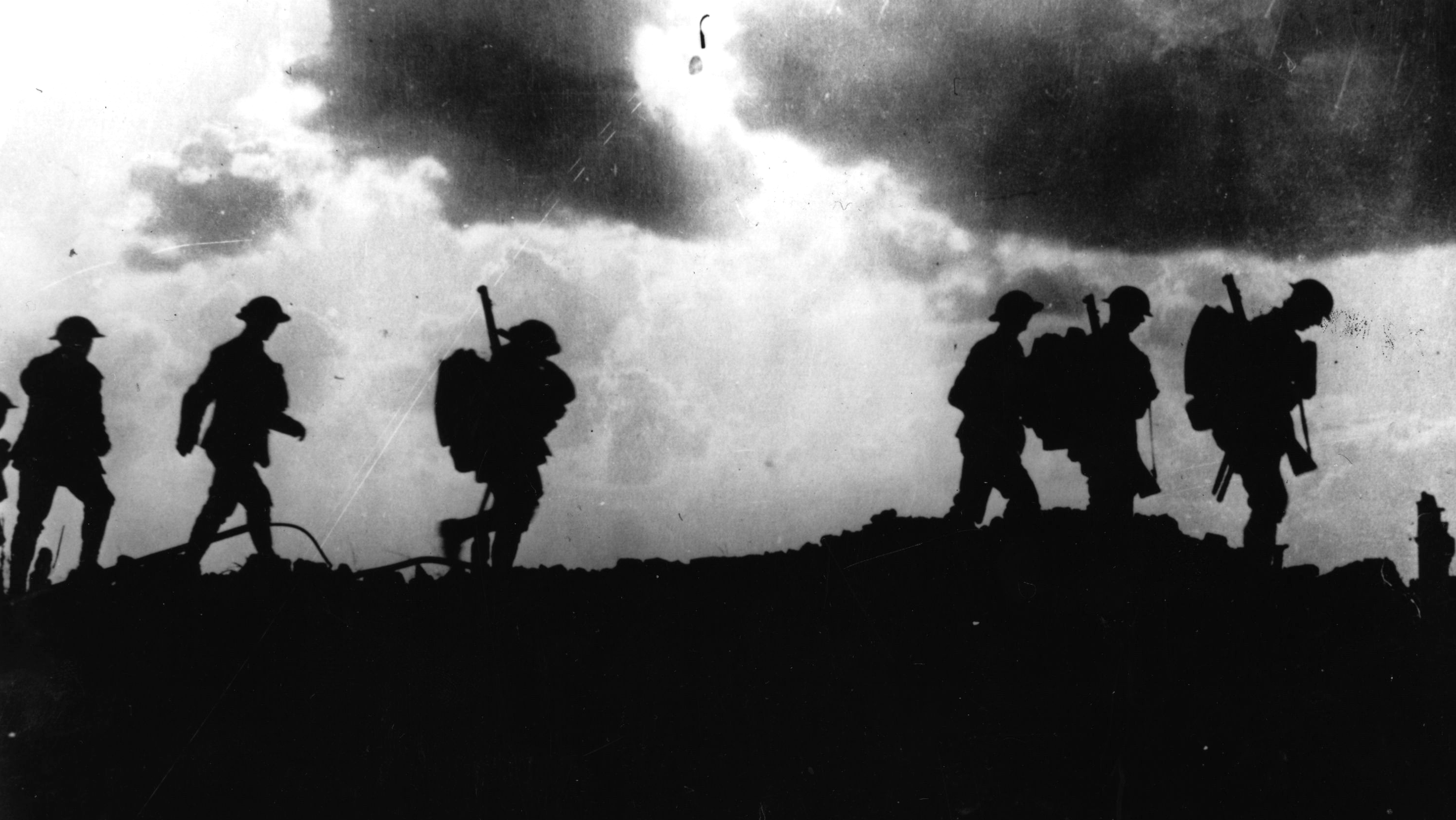 The secret history of the gay soldiers who served in the First World War
The secret history of the gay soldiers who served in the First World WarIn Depth Discrimination and persecution has led to gay soldiers of the Great War being seen as tragic figures, but this was not always the case
-
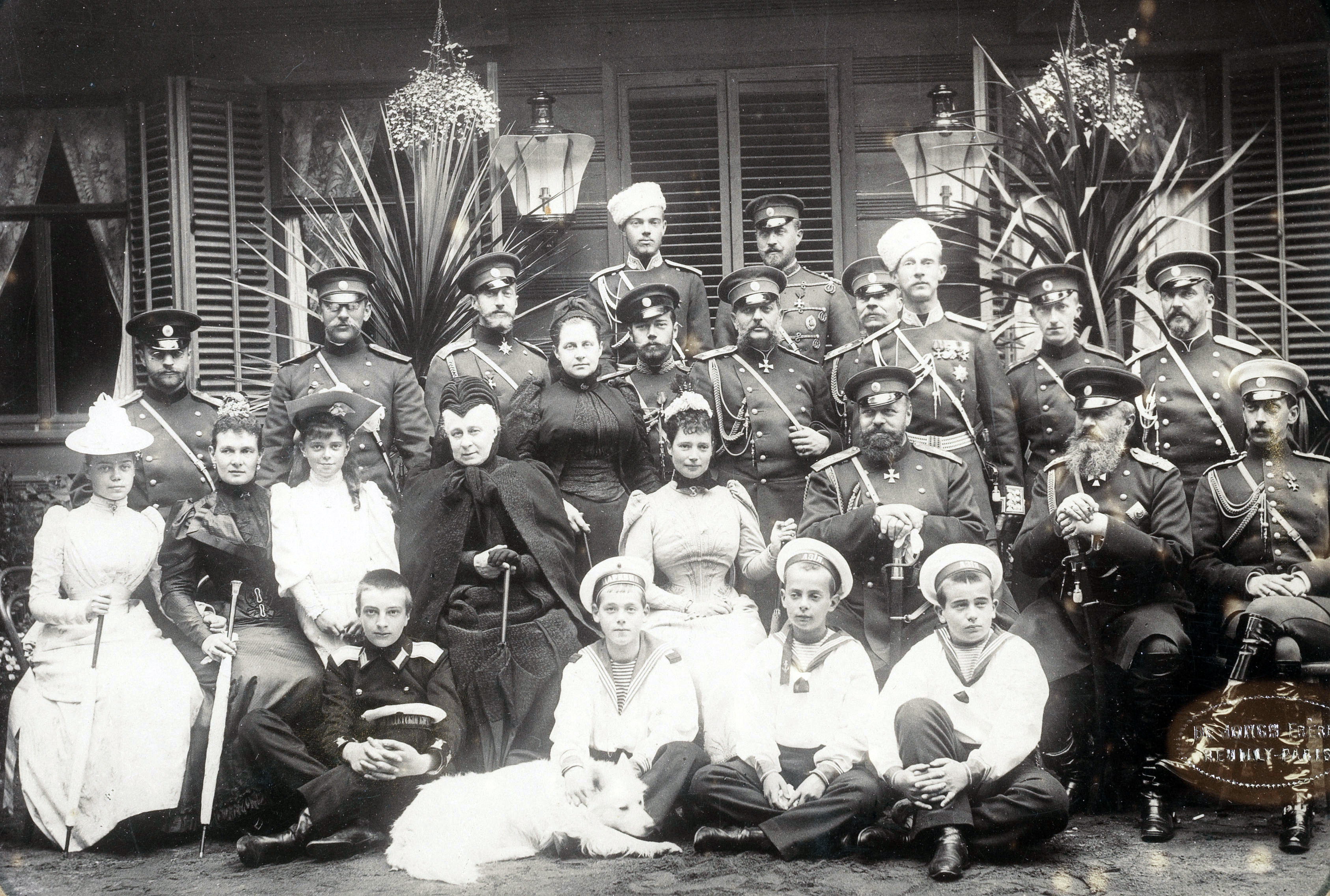 The Romanoffs: how did the Tsar and his family die?
The Romanoffs: how did the Tsar and his family die?In Depth New series about descendants of the Russian royal family comes to Amazon Prime
-
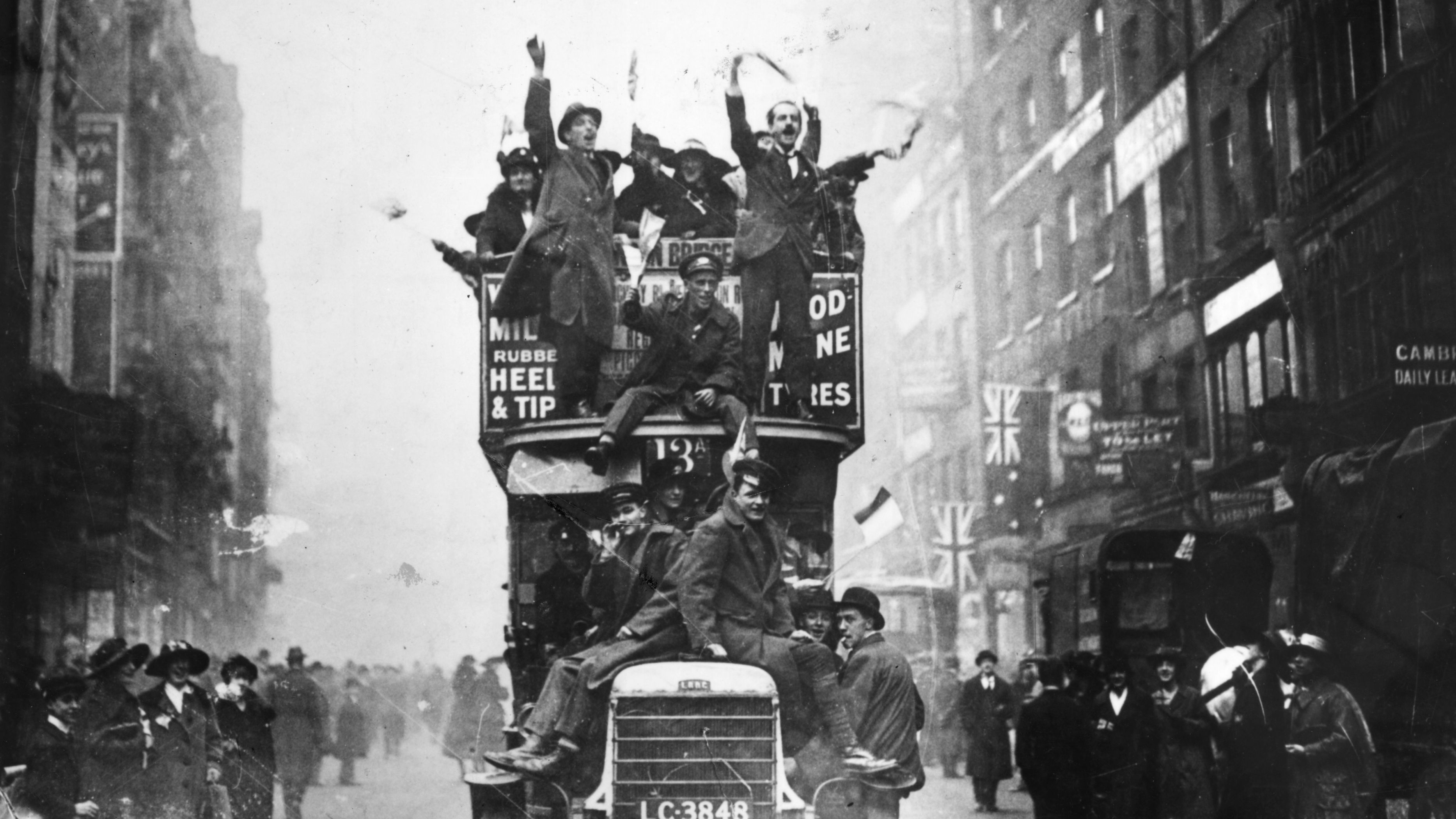 How did World War One end?
How did World War One end?In Depth Duchess of Cornwall marks Armistice Day at Westminster Abbey
-
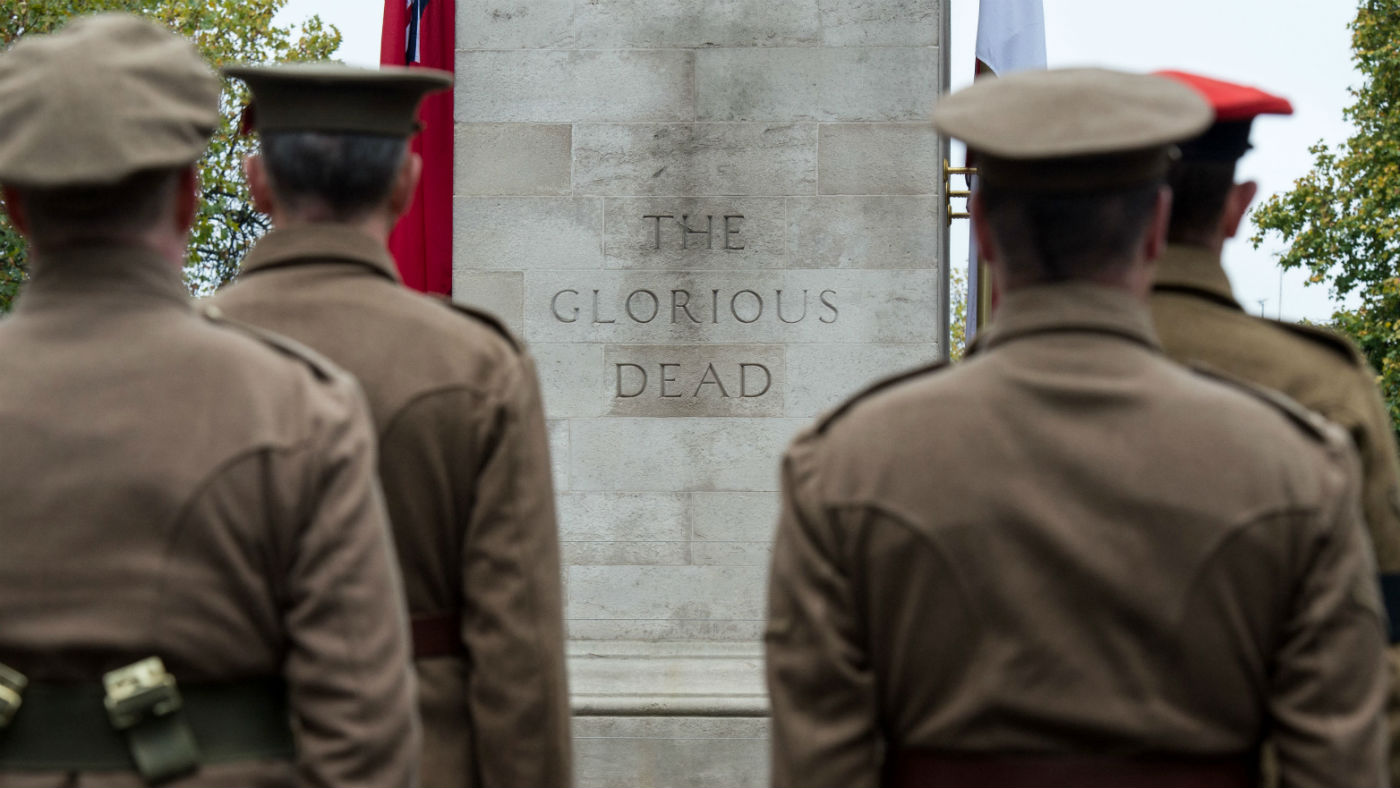 First World War centenary: Armistice events around the UK
First World War centenary: Armistice events around the UKThe Week Recommends A selection of events going on around the country as the UK prepares to commemorate 100 years since the end of World War One
-
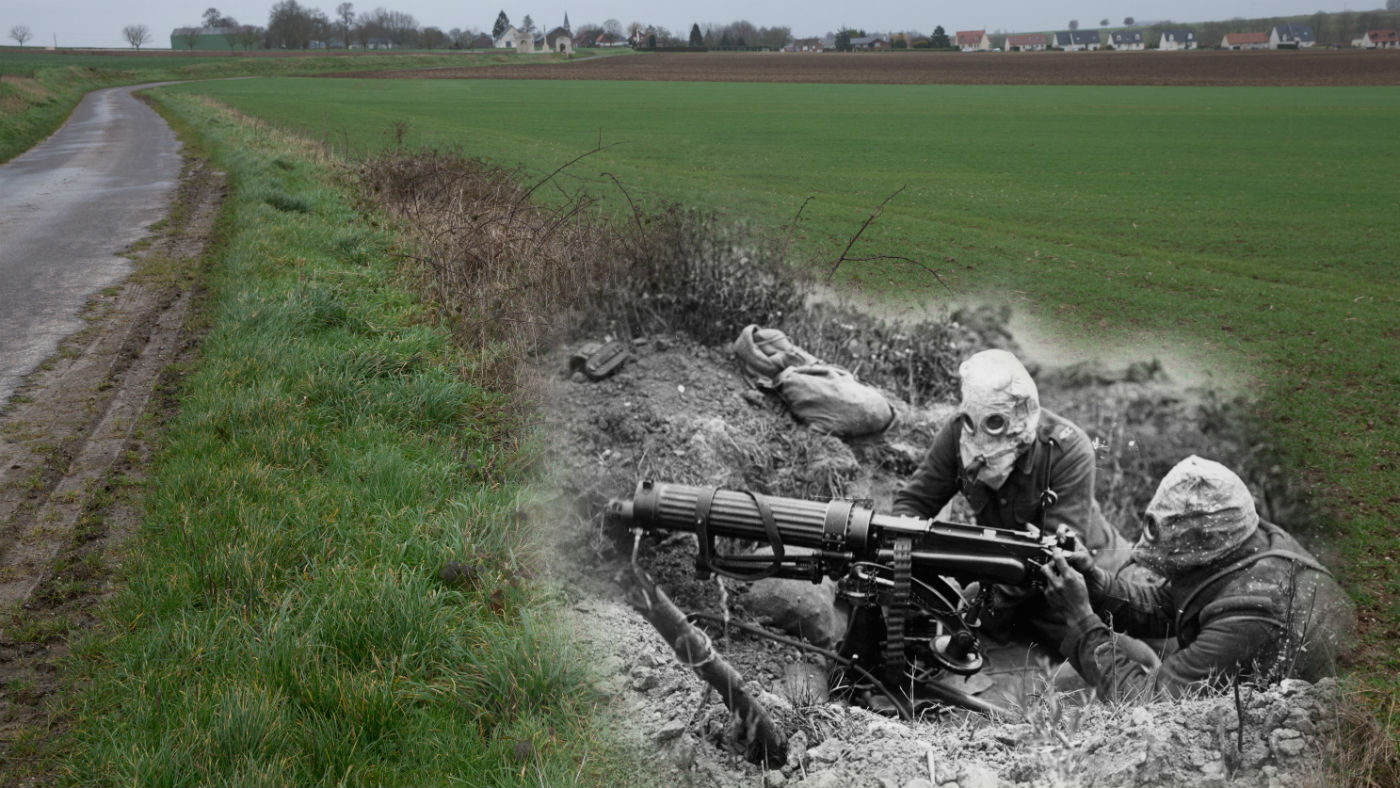 First World War composite photos bring past to life
First World War composite photos bring past to lifeIn Depth Then-and-now images put snapshots of the Great War in a 21st century setting